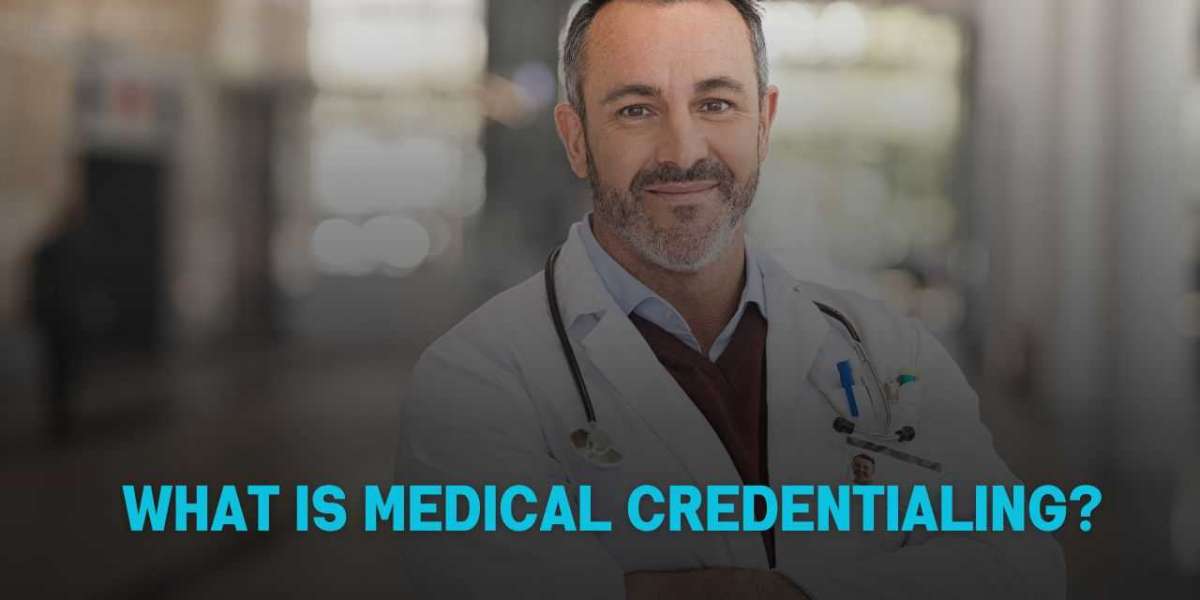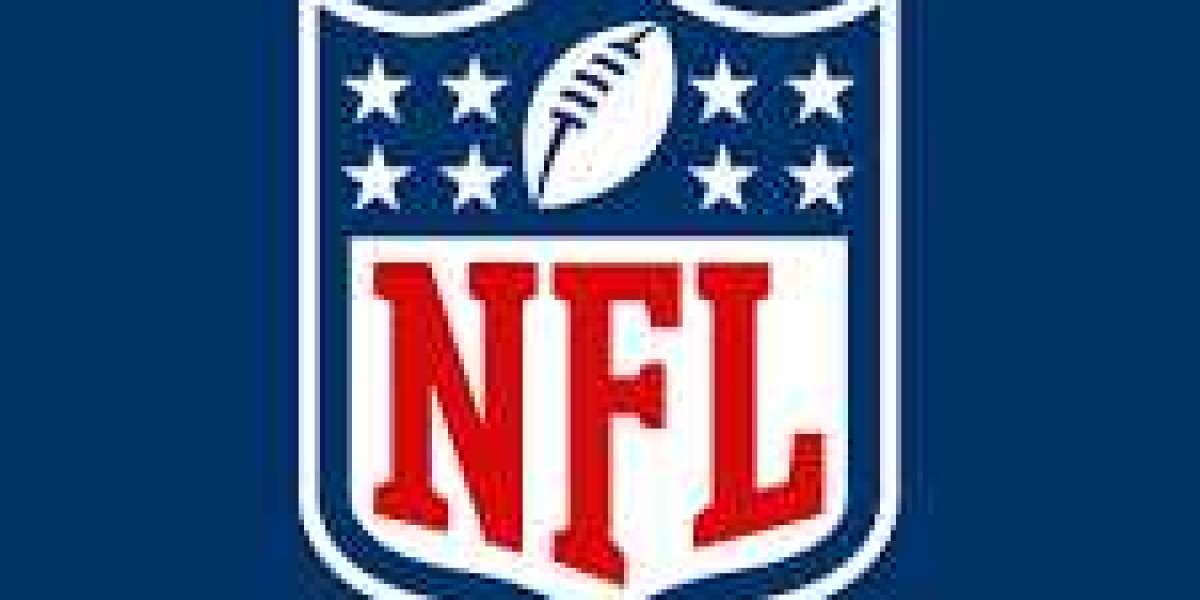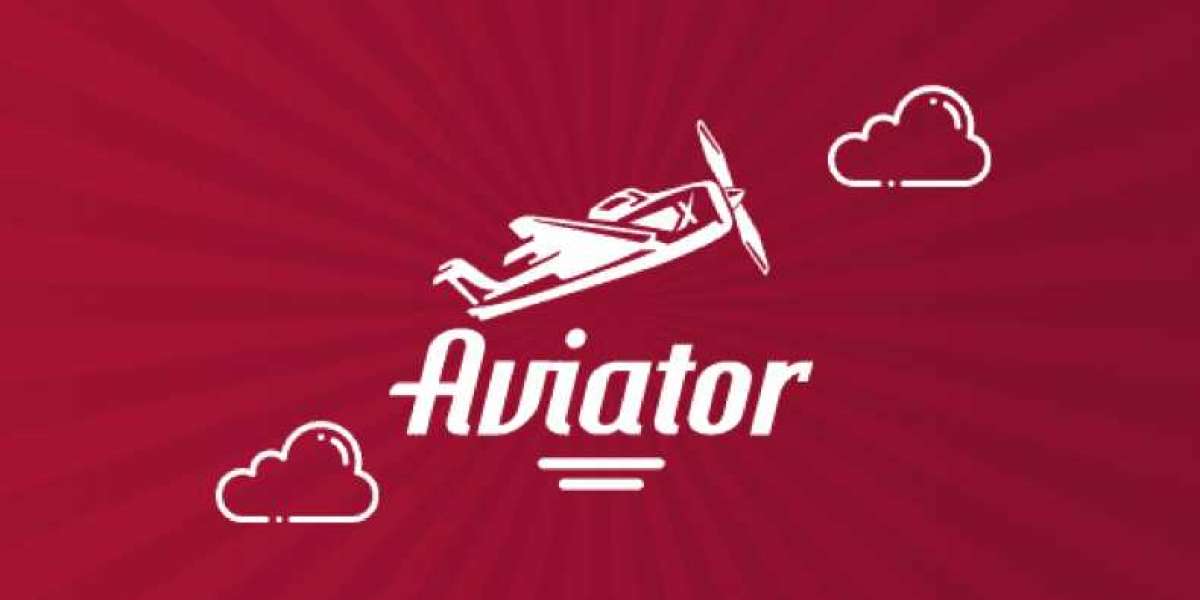Having medical credentials makes a healthcare professional more trustworthy! It's a way to carefully review and ensure that medical professionals follow high standards to offer good healthcare. It's helpful for getting payments on time in the medical billing system. The goal is to confirm a medical degree and make sure patients get care from qualified, educated, and committed professionals.
What is Provider Credentialing?
Provider credentialing is how medical groups and insurance companies check if healthcare providers have the right licenses, certifications, and skills to care for patients. It's also known as physician credentialing, medical credentialing, or doctor credentialing. In this scenario, medical billing and credentialing services help the doctors to get credential by submitting their documents with carefully filling all the necessary details so that they might not get rejection in case of any mistakes.
How Medical Credentialing Works?
Every medical practice needs someone in charge of credentialing or can hire external services. This makes sure the system runs smoothly, and healthcare professionals can work safely. Insurance companies often check the licenses and certificates of physicians or healthcare organizations to ensure they are valid and efficient for practical use.
Check the Clinic
What is credentialing documentation? It's checking education and training for first-time credentialing. We need to verify education and training directly. This includes confirming graduation from a medical, dental, or clinical professional school and any residency, along with getting sealed transcripts.
To make the process fair and consistent, it's crucial to set up clear rules for denying professional verification after the pre-application stage. These basic rules create a level playing field for all healthcare workers, fostering transparency and accountability throughout the credentialing process.
Verify if Providers Can Work
Check if healthcare providers meet necessary requirements for hospital work. Ensure qualifications and credentials align with safety and effectiveness standards. Consider ongoing professional development and learning opportunities for continual improvement.
Make Basic Rules
Establish straightforward rules to deny professional verification post pre-application. This ensures a fair and consistent process for all healthcare workers, promoting transparency and accountability in the credentialing process.
Reapply Process
Create a clear and accessible procedure for rejected healthcare workers to reapply. Provide constructive feedback and guidance to help them rectify issues and meet necessary criteria. Encourage continuous improvement through the reapplication process.
Fast Credentialing System
Implement a streamlined process for rapid credentialing of emergency personnel and short-term staff. This ensures quick and efficient onboarding without compromising standards. Prioritize speed without sacrificing thoroughness to meet urgent staffing needs.
Control Non-Compliant Providers
Implement measures to limit the involvement of healthcare workers who fail to comply with guidelines or health requirements. This safeguard ensures the quality and safety of patient care. Establish a system for ongoing monitoring and compliance checks to maintain standards.
Why Medical Billing Companies Emphasize Credentialing
Quality care is crucial in healthcare. Everyone uses the latest methods to achieve this. Technology is important, but the experience of medical staff is also vital. It helps in treating patients skillfully and boosts profits.
The integrity of medical staff is essential. Nowadays, hospitals prefer qualified medical billers. Every health facility, including outpatient centers and emergency clinics, now values credentials.
Patients and healthcare providers trust qualified professionals. In the past, there were cases of fake graduates handling patients. Today, especially after the pandemic, there's no room for such mistakes.
This blog explains how professional credentials work. The process has become more complex over time, influenced by provider reach and accrediting bodies' standards.
Access for Outside Professionals
When a non-medical specialist helps or performs surgery, medical billing services should be available. In emergencies or disasters, outside practitioners should be allowed to work according to laws. There should be a clear code of conduct for healthcare workers who participate in credentialing and those who don’t.
Doctors from other countries often face a complicated process due to different practices. In these cases, the hosting practice needs guidelines, and laws should support the process. All healthcare workers should understand the importance and rights of medical practice. Having a credentialing system along with your degree is the best way forward.
FAQs
What does a credentialing specialist do?
A credentialing specialist checks the licenses and certifications of medical staff. Their job is to ensure they meet federal and state standards. They may also assist auditors and help maintain a facility's accreditation.
What does medical billing mean in easy terms?
Medical billing is when we create claims about healthcare services. We send these claims to insurance companies to get paid for the medical help given by doctors and healthcare groups.
What does credentialing documentation mean?
It's checking education and training for first-time credentialing. We need to verify education and training directly. This includes confirming graduation from a medical, dental, or clinical professional school and any residency, along with getting sealed transcripts.








